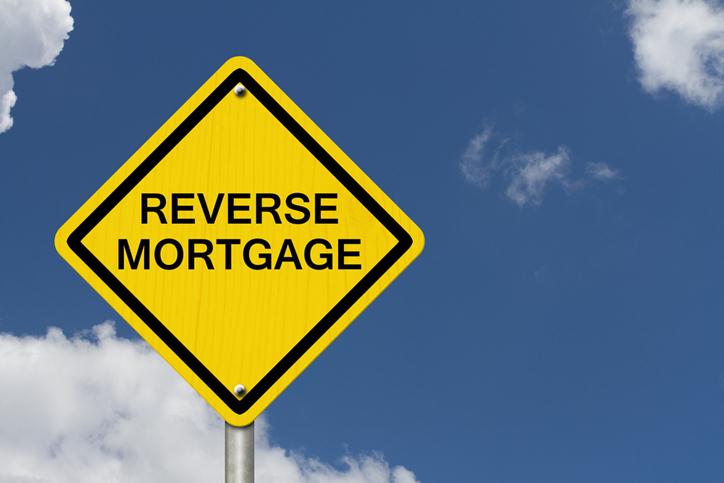Reverse mortgages are a home loan option for senior homeowners over the age of 62.
The loan allows homeowners to tap into the equity they have invested into their home over the years to pay unexpected expenses or increase their quality of living. The equity in the home is collateral for the loan. The balance is not due until the homeowner passes away or the home is sold. No payments are owed on the loan as long as the homeowners are alive and living in the home, instead, the homeowners receive money for their equity. The homeowner must continue to pay the insurance and taxes on the home.
Qualifications
In order to qualify for a reverse mortgage, the home must be paid for or any liens must be able to be paid for with the loan. The amount of loan money available is dependent upon several factors such as the age of the homeowners, the current interest rate, the value of the house and government limits. A reverse mortgage loan calculator can help determine the possible amounts of a loan taking into account these variables. The homeowner can select how the money from the loan will be received. The money can be taken in a lump sum amount, payments as long as the homeowner is present in the home, payments based on a fixed term or set up as a line of credit to be used as needed. A reverse mortgage loan calculator can help determine if a reverse mortgage is a viable choice for homeowners or if the possibility of reverse mortgage problems outweighs the benefits.
Advantages
The main advantage of reverse mortgages is the homeowner can still live in the home and does not risk foreclosure if the loan cannot be repaid. It is easy to qualify for this type of loan as there are no income or credit requirements. There are many flexible options to receive the money and there are no restrictions on how the money can be used. Usually, the money received in reverse mortgage is tax-free.
Disadvantages
A reverse mortgage has many advantages over a traditional home equity loan or second mortgage. However, there are several situations that could cause reverse mortgage problems. If the homeowner qualifies for certain low-income programs, then the money received in reverse mortgages could disqualify them from valuable benefits. A reverse mortgages loan calculator can be used to help determine optimum loan income. If the homeowner plans to sell the home and move soon, then this type of mortgage is not a good choice. The closing costs of this type of loan are higher than for other loans. Once the home is sold the loan must be paid off and the closing costs incurred to make it an expensive short-term loan.
Another reverse mortgage problem is the reduction of the estate to potential heirs as the equity of the home is reduced. The longer reverse mortgages are held, the more interest is accrued over time reducing the final equity in the home. Another potential reverse mortgage problem is if the value of the home increases, it is not possible to obtain a home equity loan if needed. The reverse mortgage must be the only loan on the home. Reverse mortgages may not be for everyone so homeowners should be well-informed and use a reverse mortgages loan calculator to help determine if this is a viable option for increasing income in retirement.
Featured Image: depositphoto/karenr




